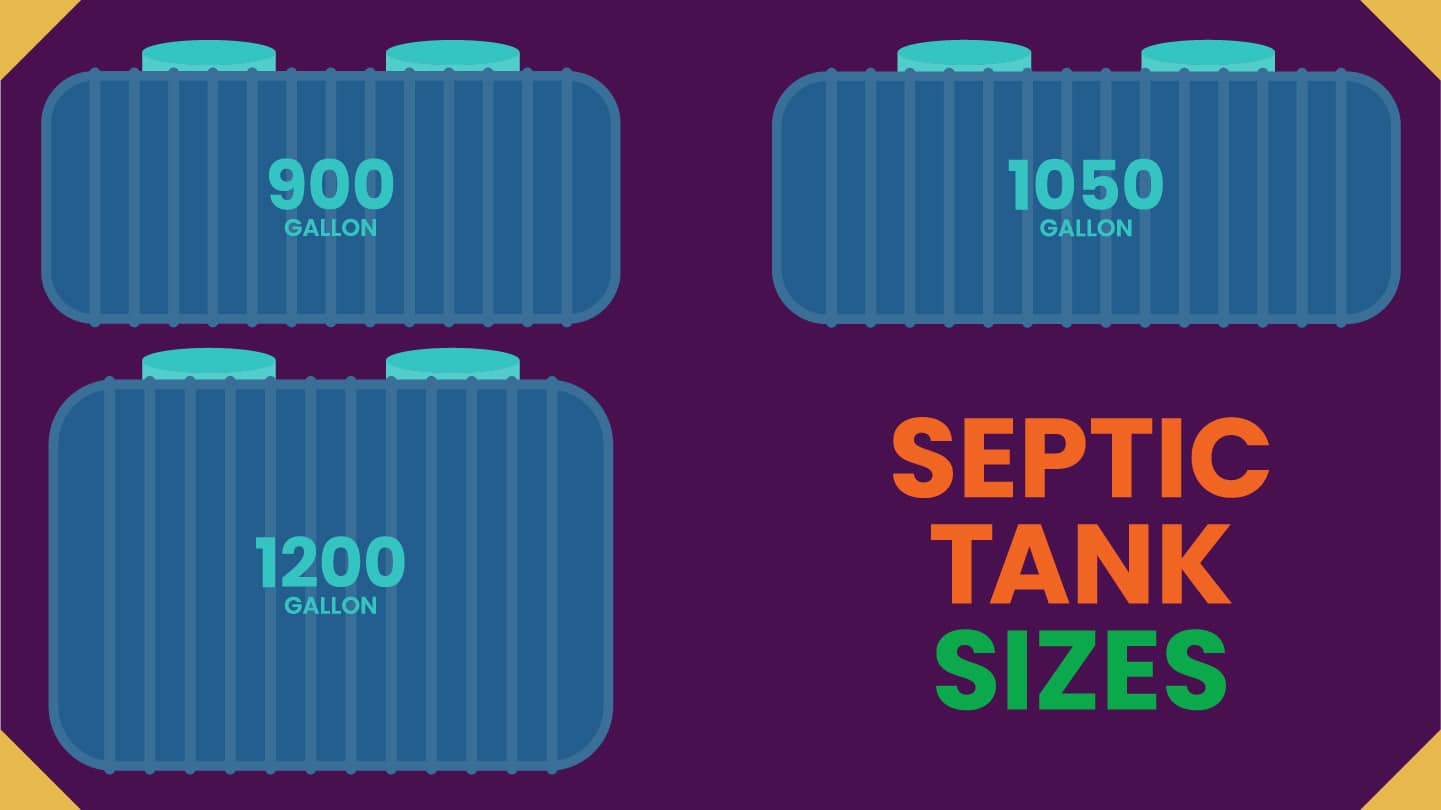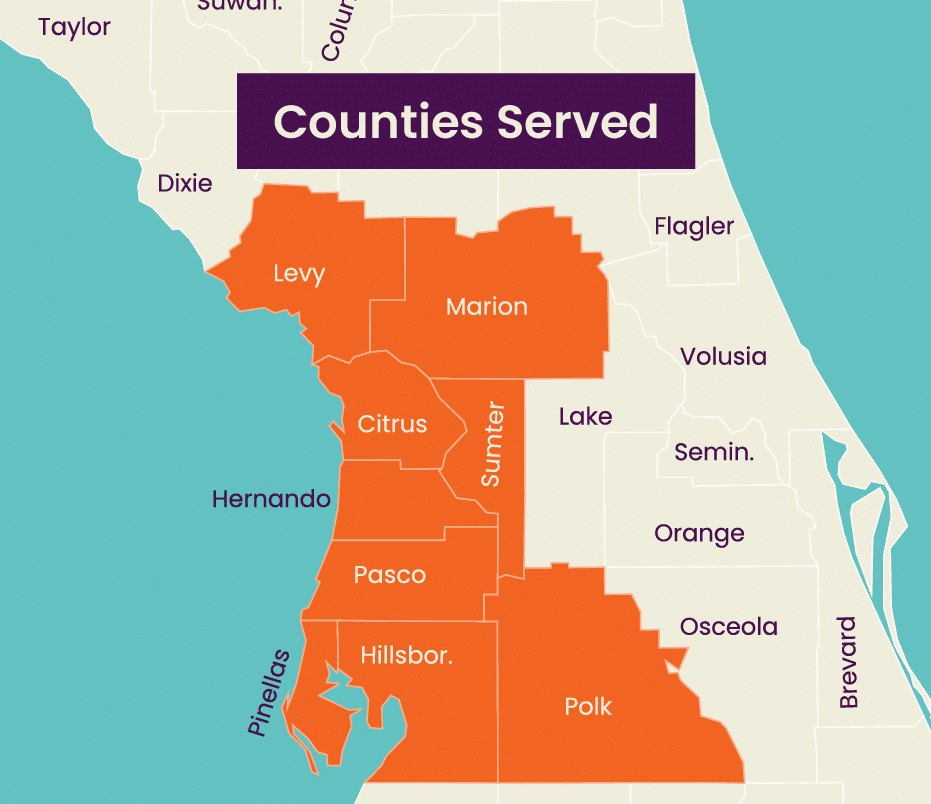Septic tanks are vital to wastewater treatment systems, especially in areas without access to centralized sewer systems. These tanks come in various sizes, and understanding the size you need is important for your septic system installation, maintenance, or upgrades. In this blog, we’ll explore different aspects of septic tanks, such as sizes, shapes, and materials, and how to choose the right size for your home or business.
Different Sizes and Shapes of Septic Tanks
The standard size of septic tanks for residential units depends on the number of people using the system and household water usage. Local regulations may also apply. Standard residential septic tank sizes for Florida residents include:
- 900 Gallons: The most common size for Florida residential septic tanks. A 900-gallon tank is usually sufficient for a three-bedroom home with two bathrooms.
- 1,050 Gallons: Larger homes or properties with higher water consumption may require septic tanks of this size. They provide more storage capacity for wastewater.
- 1,200+ Gallons: We recommend 1,200-gallon septic tanks for large families with higher water needs. In the case of very large households, commercial properties, or specific usage requirements, septic tanks can exceed 1,200 gallons in size.
Septic tanks can come in various shapes, including rectangular, cylindrical, and spherical designs. The shape of a septic tank can impact its size and its storage capacity. ACE works with homeowners to determine the best tank to fit their circumstances.
Septic Tank Materials
Septic tanks are commonly made from various materials, including concrete, plastic (high-density polyethylene), and fiberglass. The material can influence the tank’s size and durability:
- Concrete: Concrete septic tanks are durable and can last for decades. They are available in various sizes and can be customized for specific needs.
- Plastic (High-Density Polyethylene): For Florida residents, plastic (poly, or HDPE) septic tanks are ideal, as they are lightweight, easy to transport, and resistant to cracking and corrosion. However, their most significant benefit to Florida homeowners is that poly tanks are CAT-4 rated, which means they can withstand the pressure of Florida’s high water table. They are available in various sizes and suitable for residential and commercial use.
- Fiberglass: Fiberglass septic tanks are lightweight, making them easy to install. They are also resistant to corrosion and cracking. However, not being CAT-4 rated, their use may be limited in Florida due to their inability to withstand the pressure of the water table.
For more information, check out our article on septic tank materials.
How Your Tank Size is Determined
For Florida residents, the right size for your septic tank is determined by the table below, provided by the Florida Department of Health:
Having the correct minimum capacity ensures proper wastewater treatment and avoids issues like backups and overflows. Estimated flow (or water usage) for a residential property assumes a maximum occupancy of 2 people per bedroom, and each person is assumed to use 50 gal of water per day. Using this formula, a 3-BR home has a maximum water flow of 300 gallons daily. The chart above shows that a 900-gallon septic tank is the right size for a 3-BR home, although a home with unusually high water usage may opt for the 1050-gallon tank instead.
Homeowners who are considering expanding their homes should consult the chart above to determine that their septic system can handle more residents who have additional water requirements. Proper septic tank size is crucial for maintaining an efficient wastewater treatment system. Having a septic tank that aligns with your household’s water usage and local regulations ensures that your septic system functions smoothly and helps protect the environment. If you have any questions regarding the correct sizing of the septic tank for your home or if you’re considering a potential upgrade, please contact ACE Septic & Waste. Our experienced team can guide you through the process, ensuring your septic system always operates efficiently and effectively.







